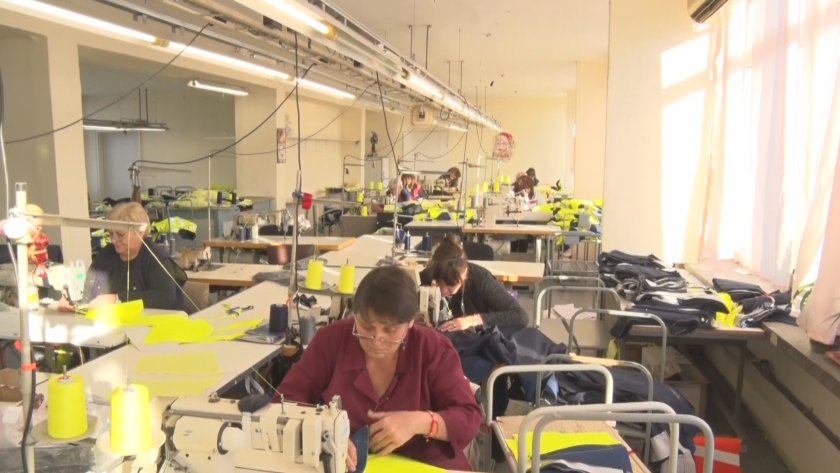Is a four-day working week possible in Bulgaria?

Is a four-day working week possible in Bulgaria? A small number of companies have tried working 32 hours instead of 40. It is noteworthy that they have already abandoned this way of organising the working time.
If the four-day working week is introduced in Bulgaria, labour productivity and wages will fall, employers' organisations are adamant. According to the trade unions, the idea of the four-day week is a good one as employees will be more rested.
In the summer of 2019, a company in Rousse introduced a four-day working week for its eight employees. The manager decided on the bold move after reading an article on the subject.The employees' salaries remained the same as under a five-day working week.
"When people rest more, they are more mobilised, more optimised in working hours and the amount of work that is done in 5 days could be done in 4 days with such mobilisation", says Peter Petev, manager of a consultancy firm.


Three years later, however, it turned out that the firm had abandoned the four-day work week and was now working remotely. Today they refused to stand in front of our camera. According to the Industrial Capital Association, the four-day working week would not work in this country at this stage. Especially in large industries with a continuous cycle.
"In Bulgaria, labour productivity is five times lower than the European average. And we don't produce enough high value-added products. In addition, we have a workforce shortage, i.e. there is no available workforce to replace the workers that are not working during that one day," explained AICB Executive Director Dobrin Ivanov.
If introduced, production would drop by 20%, Ivanov said, and wages would drop too. The model has been tested in Scandinavian countries, in Denmark and Spain, he explains, but so far it is unworkable. Perhaps the only exception is the IT sector, where an employee can finish the job in four days instead of five. That's also the opinion of Venelin Molnar, manager of a design bureau in Ruse. He has three employees.
"I personally find it applicable where we have creative and innovative activities like in our company for example, where you can combine that with remote work. While in other businesses it is clear that once the number of working hours decreases the pay will also decrease," he says.
Trade unions are optimistic. They say that if employers and unions agree, the legal framework could be changed and the working week could become a four-day week.
"If a shorter working week increases the productivity of an employee and enables them to be with their family longer and thus, returning to work more rested, work more efficiently and productively, why shouldn't it be possible?" asks Velichka Mikova, national secretary of CITUB union.
According to Velichka Mikova, the trend will come to Bulgaria sooner or later. However, the important and most difficult condition to meet is to provide funds to compensate for the one more day off and to receive a full month's salary.
Get the latest news wherever you are!
Follow us on
Facebook
and
Instagram
Follow BNT’s YouTube channel
You can now also watch us on
TikTok
Find us on
Google News























